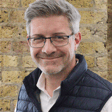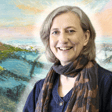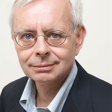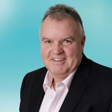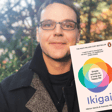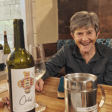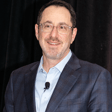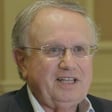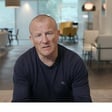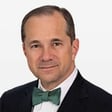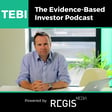
TEBI Podcast 41: Andrew Hallam on "Second Lives" filled with purpose ...
In the first of a series of 12 TEBI episodes looking at meaning and money during later careers or second lives, Jonathan Hollow interviews author Andrew Hallam, focusing on his latest book, "Balance". In this lively, in-depth discussion, Andrew talks about the key themes in the book that make up a balanced life: purpose, relationships, health and money. He talks candidly about the life lessons that have brought him to a nomadic but highly fulfilling existence as an author and speaker. He tells us how he manages to maintain meaningful connections with loved ones around the world, and what he has learned about giving and purpose from family members - and even complete strangers.
This podcast series has been developed with financial planning firm Mulberry Bow. Based in London, they offer a highly personalised service to around 150 individuals and families. Robin Powell and Jonathan Hollow are very grateful for their enthusiastic support for "Second Lives".
Transcript: https://www.evidenceinvestor.com/introducing-second-lives-a-brand-new-podcast-series-from-tebi/ --
Links to key mentions in this podcast:
Andrew Hallam's website: https://andrewhallam.com/ --
"Balance" by Andrew Hallam: https://andrewhallam.com/balance/ --
Mulberry Bow financial planners: https://mulberrybow.com/ --
How To Fund The Life You Want: http://tinyurl.com/how2fund --
